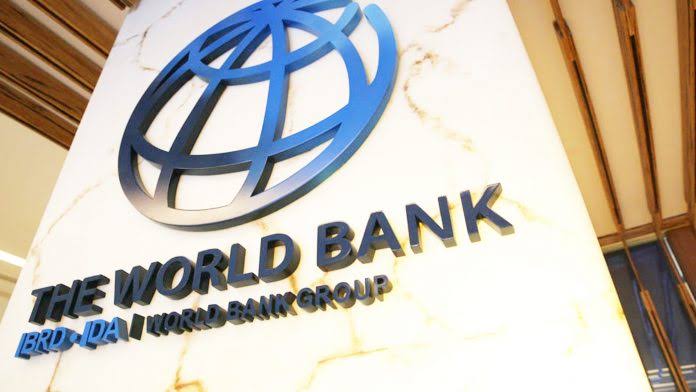Over N1 billion has been disbursed out of a World Bank’s $100 million loan facility for the implementation of the Nigeria for Women Project in six states.
Eyitemi Olley, Director, Women Affairs, Niger State Ministry of Women Affairs and Social Development, told the media in Minna that the one billion naira was to support the livelihood of 20,000 women in Niger State.
The Nigeria for Women Project is a poverty reduction initiative, which has four components: building social capacity, livelihood programme, innovations and partnership, project management monitoring as well as evaluation and learning.
Olley explained that the one billion naira grant was from the $100 million loan facility from the World Bank to six states of which Niger State was a beneficiary.
She said that the project would be implemented in three local government areas of Niger State.
Olley said that Agaie, Wushishi and Gurara were the benefitting Local Government Areas in Niger State, adding that about 20,000 women had benefited from N60,000 grant each.
She said that the project had impacted on the lives of women at the grassroots.
“The project is to support and uplift the standard of women in rural areas; Niger State was among the six states that was picked to champion the project in 2018 because of the effectiveness of the governor.
“The project has gone far by affecting women at the grassroots positively to become self-employed in society as well as elevate them from poverty,” she said.
Also, Mohammed Bello, Project Coordinator in Niger, said that the project targeted support for 54,000 women in Niger State, but the state had exceeded the target as about 64,000 women had so far benefited from the project.
Similarly, Mr Bankole Ebisemiju, Team Leader for Media, said that, out of the 64,000 women beneficiaries, 44,000 women were undergoing training on how to write business plans after which the grant would be given to them.
He said the project was targeted at rural women and the vulnerable to improve their livelihoods and make them self-reliance in the society, so as to help reduce poverty indices in the state and the country at large.
